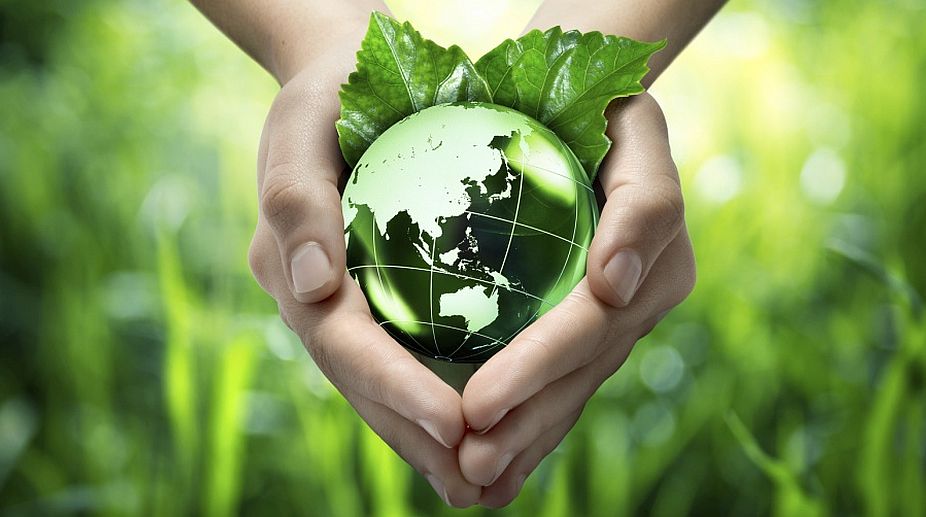For all the orchestrated claims on GDP, direly distressing must be India’s position in terms of what they call “green cover rankings” or the environmental performance index (EPI). That performance, going by the data furnished on Tuesday, indicates that the country’s rank has slid from the 141st position two years ago to 177th in 2018. Statistics aside, India today finds itself in the company of the “bottom five” countries… alongside Burundi, Bangladesh, Congo and Nepal.
That downward curve, appalling as it is, is suggestive of the failure to address the parameters on which the countries were ranked, notably air quality, water and sanitation, “heavy metals” or exposure to lead, biodiversity and habitat, forest cover, fisheries, pollution, water resources and agriculture.
Advertisement
Alarming indeed must be the environmental degradation despite the country’s expressed commitment to the Paris agreement on climate change. There has been little or no tangible action on the ground, and the filth in the Ganga is not the only source of pollution. Apart from extensive deforestation, the fundamental parameter ~ air quality ~ poses the foremost threat to the environment and the resultant threat to public health is dangerously real.
While Barbados has been classified as one of the six leaders judging by the yardstick of air quality, India has been listed among the “laggards” in the company of China and Pakistan. The report, crafted by Yale and Columbia universities and released on the sidelines of the World Economic Forum meeting in Davos, is decidedly distressing in the context of Mr Narendra Modi’s resounding performance there.
The document is explicit on the imperative that the “public health crisis demands urgent attention”, in effect underlining the co-relation between healthcare and environmental management. In India, there has been more of tinkering and less of assertion in this twin segment of public policy, let alone a consistent commitment to protect public health, preserve natural resources and effect the “decoupling” of greenhouse gas emissions from economic activity.
The subtext of the report is pretty obvious ~ the burgeoning population and economic growth have had a deleterious impact on the environment. Sad to reflect, even forests and fisheries have not been left alone.
There is a message to be drawn from the fact that tiny Malta has been rated as one of the “protectors” of the environment and has been bracketed with Switzerland (No. One), France, Denmark and Sweden.
The singular bouquet that the report has offered to India relates to the Prime Minister’s initiative to help women below the poverty line.
Notably, the Ujjwala Yojana has merited special mention not least because of its potential to change the quality of life in BPL households. No less important than the economic underpinning, the project envisages access to safe, affordable cooking technologies and fuels. Some progress, perhaps, but there is a long way to go.











